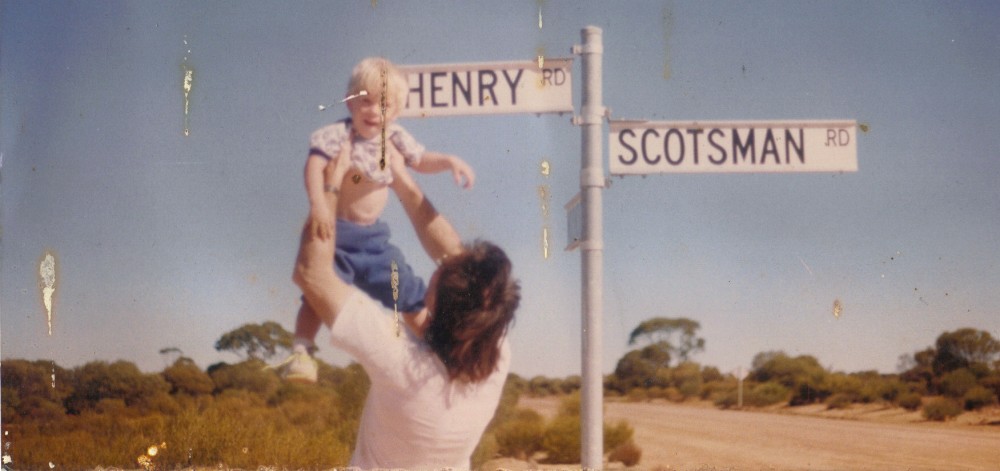As is the practice, let’s review those last posts and see to what extent they could be mistaken for the genre I’ve mentioned. Given that we have already acknowledged that attempting to ape existing works in order to get it right or seem authentic is not a good approach for us, there is only so much change the songwriter needs to make to accommodate such urges.
We could ask Alvin or Ziggy using cut up method or something more Glitter than Gary but I haven’t got time for dress-ups. The priority for the lyricist is in taking the song where it needs to go. The choice is upfront in deciding a title or seizing on some passing scrap and building from it, after that you are going to see it form its own way.
I don’t know about you but I’m not that fascinated with the one time glitter rock to spend too much time ‘getting it right’. The thing to do is conjure it all up on your music carriage service of choice.
Ever So Slightly is a tongue twister; a dash through sibilance is a challenge or else a distraction for the singer, especially if they’re also playing a musical instrument. And this is antithetic to the whole ‘Come on come on’ that plays so well with the lads.
Stop You in Your Tracks is the same. It might form the basis for a symphonic metal beast but it’s not going to play well for the hairy biker you got to sing nor the swaying crowd.
Both look, for all their other traits, like poems to read on the page. The very decision to use the homonym means it will be extraordinarily hard to convey through a microphone, especially if you’re yelling and screaming or using a vocal pitch that is accentuated over playing to subtlety in meaning.
If we accept the fact that the songs aren’t bad, the only further observation of interest is what this highlights in the genres. Allowing that they all serve some purpose, be they crass or deluded, repetitive in uninteresting ways, it’s only to note mildly that no metal, be it doom metal, death metal, hair metal, power metal, black metal, thrash metal, dark ambient metal, gothic metal has started out vocally with ‘The fuddling of the feat to disappear’ nor fuddling of feet for that matter. Not to be critical of the many forms of metal which are musically dexterous, the wordplay here, which might be imperative in some alternative rock, just strips the impact that a more simply worded message would have.
So what do we gain from this trawl through the genres? The need to nod to fashion for our glam and glitter and to darkness and betrayal for our more metallic tinge, drove the direction of these songs.
